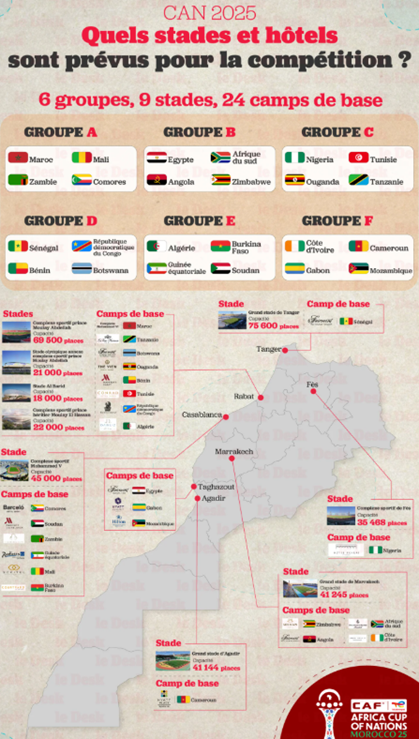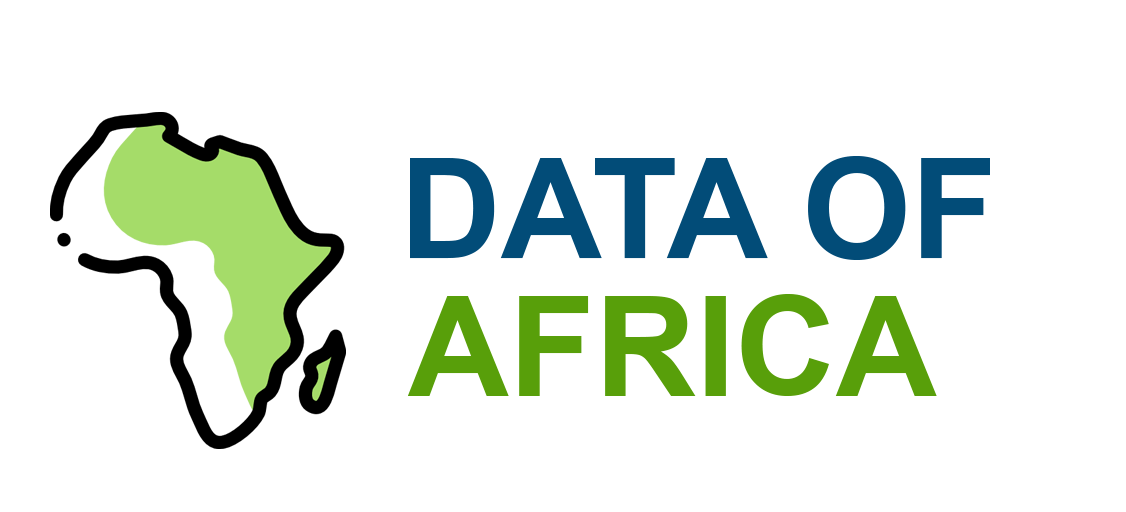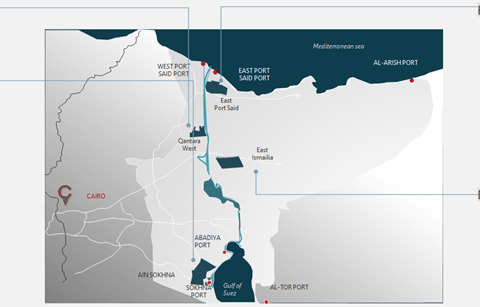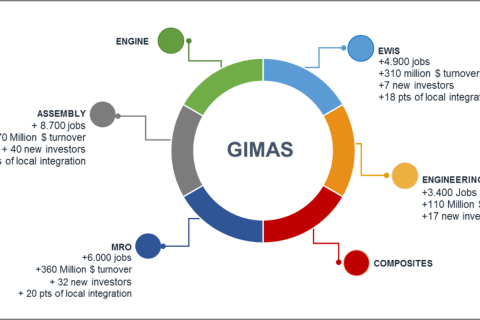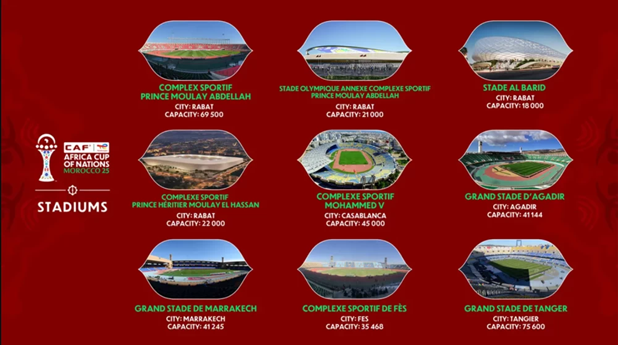
The 2025 Africa Cup of Nations (AFCON 2025) represents a turning point for Morocco, which is preparing to host the continent’s most prestigious football competition. This project, far more than a simple sporting event, involves colossal investments in sports, transport, and accommodation infrastructure to meet the most demanding standards of the Confederation of African Football (CAF).
Morocco has decided to rely on a network of modern stadiums spread across several cities: Casablanca, Rabat, Tangier, Marrakech, Fez, and Agadir. These arenas, already of a high standard, are undergoing major modernization work:
- The Grand Stade de Casablanca (Mohammed V Stadium)benefits from a major renovation, with an increase in capacity, modernization of the stands, access and VIP areas.
- The Grand Stadium of Marrakech, originally designed to host major competitions, has seen its facilities updated: hybrid turf, new seats, giant screens and integrated VAR technology.
- The Grand Stade de Tangier, recently renovated for international competitions, will be one of the spearheads of the CAN with modernized ancillary infrastructures: parking lots, media areas, training center.
Alongside the stadiums, Morocco is investing in FIFA-standard training centers for participating teams. These centers include approved pitches, treatment rooms, weight rooms, and video analysis facilities.
On the logistical level, CAN 2025 is accelerating the modernization of transport infrastructure:
- Development of railway stationsand improvement of TGV connections between Casablanca, Rabat and Tangier.
- Airport expansion(notably Casablanca and Marrakech) to accommodate a high volume of supporters and delegations.
- Rehabilitation of road axesand creation of new expressways to facilitate travel between sites.
Accommodation is not being left behind: an effort is being made to strengthen the hotel offering, particularly in secondary cities such as Fez and Agadir, with public-private partnerships to develop mid- and high-end hotels.
Finally, Morocco is implementing an ambitious digital system: dematerialized ticketing, mobile applications to guide supporters, access control and security systems based on artificial intelligence.
The 2025 African Cup of Nations is thus much more than a sporting competition: it is a lever for sustainably modernizing the country’s infrastructure, strengthening its tourist appeal and confirming its status as a sports and logistics hub in Africa.

